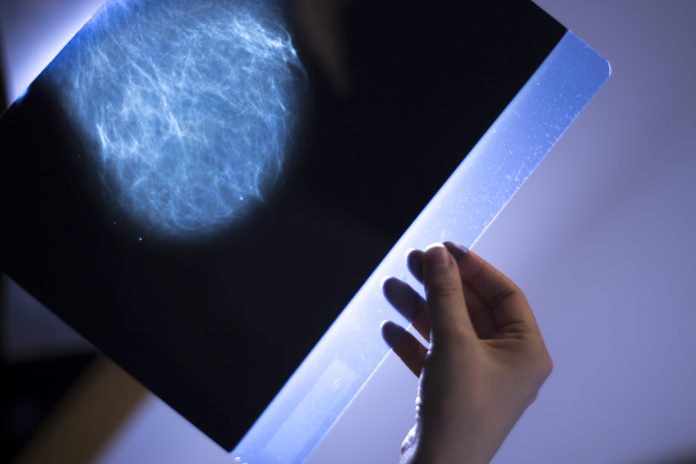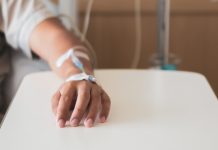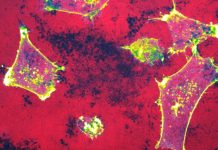A study finds that former cancer patients are not more likely to die from COVID than non-cancer patients, if they aren’t having active treatment
Cancer treatment and the disease itself hit the immune system hard, which can leave individuals highly vulnerable to viruses like COVID. When it comes to those who are actively battling cancer, there is a growing body of evidence to suggest that they could experience severe COVID outcomes.
However, when it comes to those with a history of cancer, the story is slightly different – even hopeful.
Scientists, looking at data from over 700 hospitals and 700 clinics in the US, wanted to establish any possible connection between former cancer patients and risk of COVID. Youngran Kim, PhD, and Liang Zhu, PhD, researchers in the Department of Neurology with McGovern Medical School at UTHealth Houston, were co-leading authors of the study.
Patients diagnosed with cancer more than one year before COVID, more likely to survive
The team found that patients who were diagnosed with cancer more than one year before getting an acute COVID infection and weren’t in active treatment, faced a similar risk from the virus as people who had no history of cancer.
“We found that recent cancer diagnoses were associated with a 17% increased risk for death and 10% increased risk for hospitalization,” Kim said.
“However, a history of cancer more than one year before COVID-19 diagnosis was not significantly associated with increased mortality or hospitalization. Our study also confirmed other risk factors and racial disparities in COVID-19 outcomes among COVID-19 patients with cancer.”
No serious differences in ICU admission between both groups
The team found that cancer patients had higher risks for 30-day mortality and hospitalisation, but there were no serious differences in ICU admission and ventilator use – in comparison to patients who had no history of cancer.
However, the data found that recent cancer patients had higher risks for worse COVID outcomes. The most at-risk group was people with recent metastatic (stage 4), haematological, liver and lung cancers.
Among COVID patients who also had active cancer – if they had chemotherapy or radiation treatments within three months of catching the virus – there was a higher chance of death.
Some individuals are disproportionately harmed by COVID-19
Throughout the pandemic, individuals with lower levels of income and from ethnic minorities faced disproportionate chances of death and hospitalisations. This study adds to that body of evidence, especially when it comes to comorbidities in certain demographics.
When it comes to vulnerable communities, people who were older, Black, poor or living in the South of the US, faced an increased likelihood of death after COVID infection.
In people who also have comorbidities like diabetes and cardiovascular issues, or liver and renal diseases, there was a similar level of increased mortality.
“Most scientific literature publishes affirmative results,” said Professor Guo-Qiang “GQ” Zhang.
“In this particular study, we not only confirmed general findings about worse COVID-19 outcomes for cancer patients, but elaborated on subgroups of cancer patients that were not overly impacted. This is an important finding for the health care system as they intervene based on the appropriate risk assessment and for cancer survivors to understand their specific risks associated with COVID-19.
“As the pandemic evolves, however, we may need to revisit this topic at a future time.”











